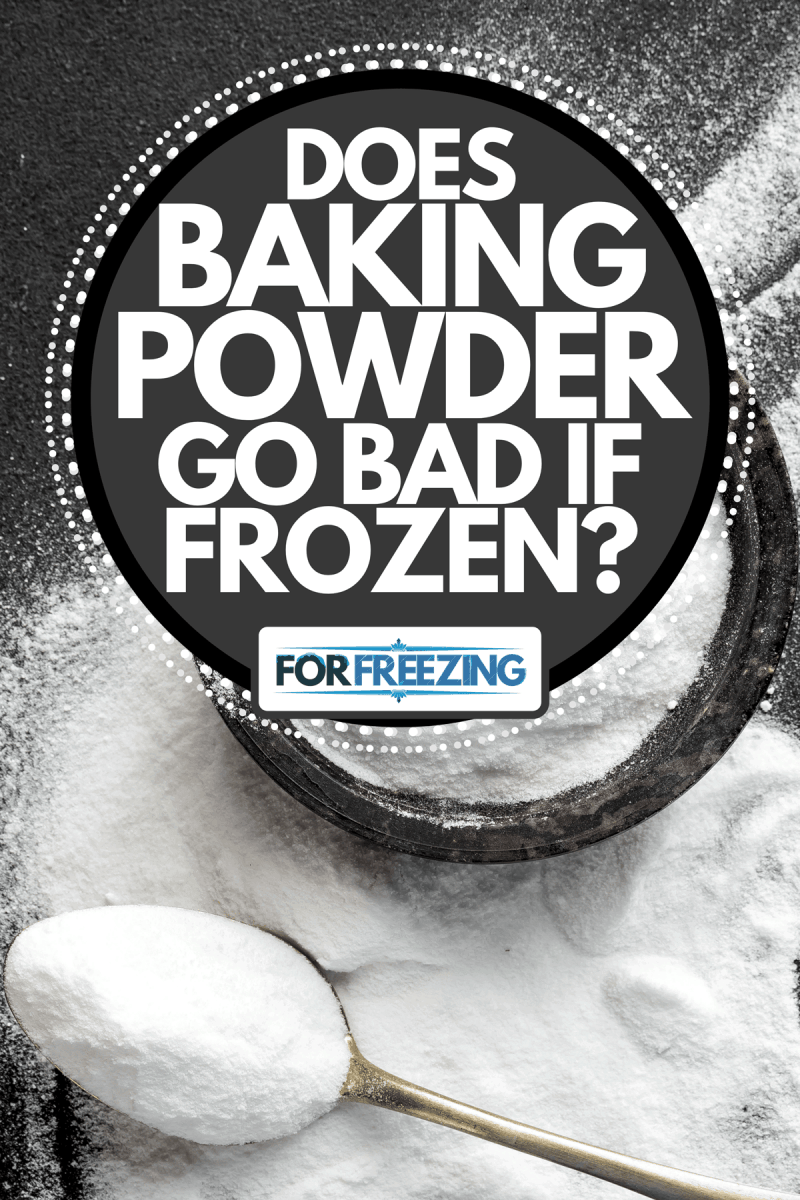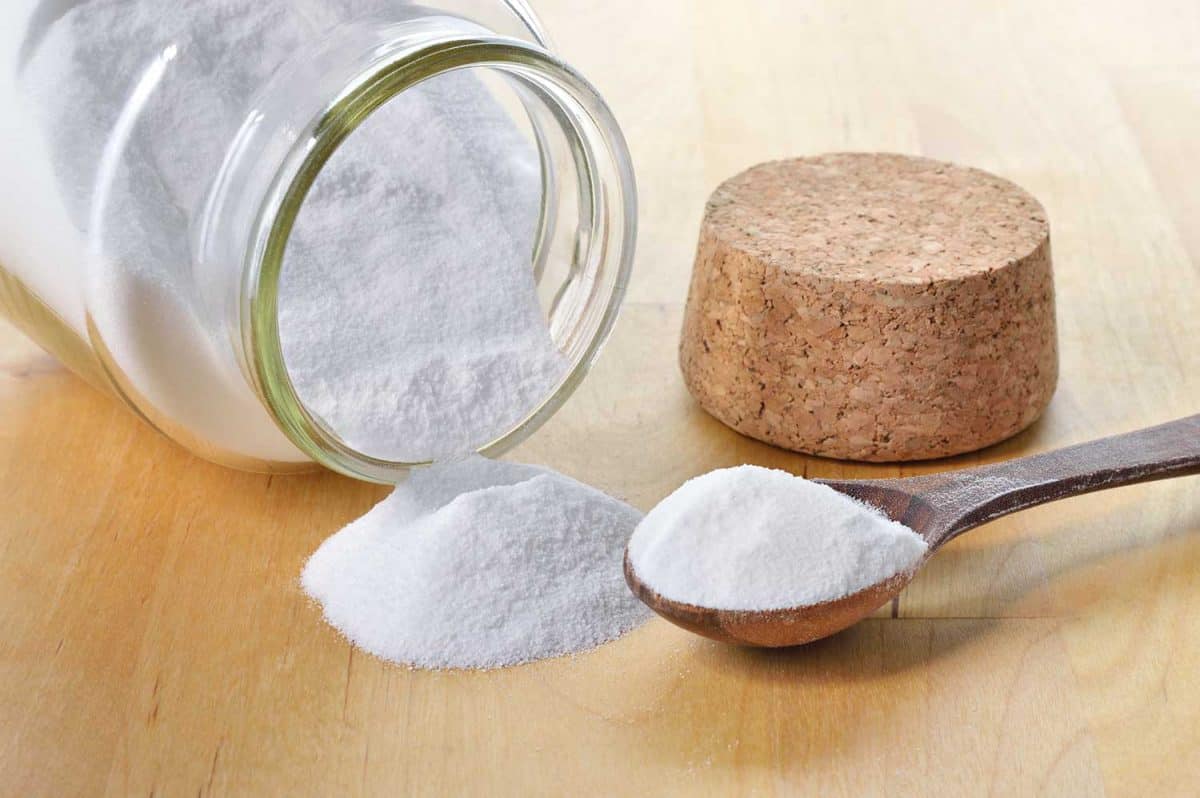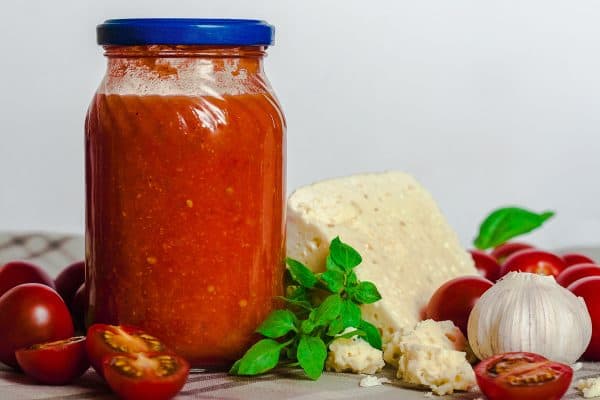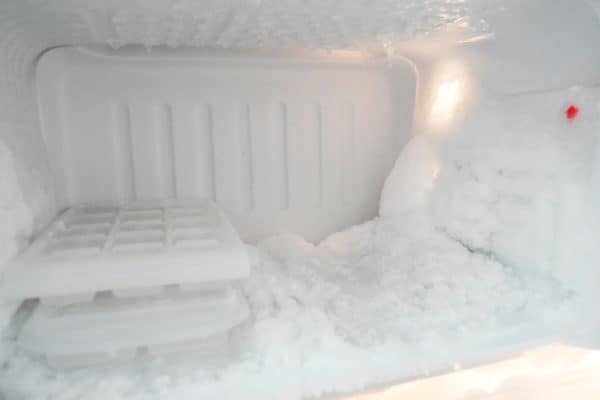In baking, your ingredients must be in the best condition before use. No matter how well you execute the process, your results could come out poorly with soiled ingredients. You might want to store your baking powder to retain its quality, but what is the best method? Are popular storage options, like freezing, suitable for the powder? We asked experts about baking powder storage and summarized it in this post.
Yes, baking powder can go bad if frozen. To keep powder ingredients fresh, they should be stored away from moisture and other forms of contamination. Freezing baking powder will make it damp, which could cause or lead to moisture build-up. And so, it will make the baking powder go bad before it freezes completely.
Even if you can't freeze baking powder, it's possible to store it in the fridge. Keep reading to learn how freezing can affect the powder, what you should do to retain its freshness, and how you should store it for extended periods.
NOTE: WE MAY GET A COMMISSION IF YOU DECIDE TO MAKE A PURCHASE THROUGH THESE LINKS. THERE'S ADDITIONAL NO COST TO YOU. CHECK THE BOTTOM OF THE PAGE FOR MORE INFORMATION.

Does Freezing Baking Powder Ruin it?
Yes, freezing baking powder ruins it. To freeze baking powder, it needs to be in a liquid state but doing this spoils it. Spoilage occurs because moisture forms in the container. A catalog from the Oregon State University indicates that dry food should be stored in its original packaging or airtight containers when opened.
Humidity levels over 60% can cause the food to absorb moisture, typically creating clumps in powdered ingredients. When there are wet clusters on the powder, it will result in mold growth.
Can You Keep Baking Powder In The Freezer?
You can keep the baking powder in the freezer, but it needs to be tightly sealed. The risk in storing baking powder in the fridge or a freezer is condensation. It causes a reaction that makes the powder unusable.
When baking powder is in the fridge, a tight container is vital to keep it dry. Moisture is the top reason why powders lose their consistency. Once it becomes damp, it will not return to its original dry state.
Baking powder is a dry ingredient that doesn't require freezing. As opposed to other food, freezing won't lengthen its shelf life by a lot. If you don't store them in the appropriate containers, the powder's lifespan decreases.
Can You Freeze Baking Powder To Keep It Fresh?
Freezing baking powder won't keep it fresh. You're likely to get the baking powder soiled instead. You can still store the powder in the freezer or fridge to prevent it from getting contaminated in the pantry. But the frozen baking powder won't last long because it cannot go back to a powdery state after freezing.
Freezing is a popular method to preserve food and ingredients by slowing down enzyme action, but it doesn't apply to dry ingredients such as powders. Although you can try to thaw the powder, it won't return to its original consistency.
There's no harm in considering the fridge to store baking powder as long as your container has a tight-fitting lid. The powder is known to be susceptible to humidity, meaning it could quickly spoil once moisture forms in it. Lowering the air volume in the container hinders this process.
Can Chilling Baking Powder Retain Quality?
As opposed to freezing, chilling the baking powder won't ruin it with proper storage. The key to keeping the powder fresh, and potentially extend its shelf life, is by using airtight containers and making sure they are extra sealed. You can store baking powder under different conditions to keep it fresh, given that the location is not humid nor too hot.
How To Test If Baking Powder Is Still Fresh
To determine if baking powder is still good, "Cake Boss" Buddy Valastro explains in this video the simple process:
- Prepare 1 cup of hot water.
- Add about 1 teaspoon baking powder into the cup of hot water.
- Now, see how the powder reacts. If it fizzes up, the powder is ready for use.
Baking powder is double-acting, so it causes two reactions when combined with other ingredients. It happens when the powder comes into contact with wet components and again when it goes through heat. Using hot water allows you to test both of these reactions at once. The more bubbles and fizzing, the fresher the baking powder is.
How To Identify Unusable Baking Powder
Qualities of expired baking powder include fewer bubbles, minimal fizzing, and clumps of powder floating on the water. The hot water test detects the overall quality of the powder. When these characteristics come up during the reaction test, it means the powder is no longer active.
Another way to identify the quality of your powder is by checking for mold or bacteria growth. It occurs due to improper storage, such as leaving it in humid places or dampening it in the fridge. If you notice the baking powder becoming moist, take it out of the refrigerator to see if there are consistency changes.
Unusable baking powder is not harmful, but it will be ineffective. When it loses potency, it won't make ingredients rise, resulting in faulty textures and tastes.
How Do You Store Baking Powder Long Term?

The list below elaborates ways on how to store baking powder for long-term:
- Use airtight containers.
- Store them in mason jars to vacuum seal.
A crucial factor in storing baking powder is to keep it away from moisture by sealing them in clean tight-lidded containers. Baking powder doesn't get damaged easily as long as it stays dry. You can store them for up to 6 to 12 months. Under consistently proper conditions, they are good to use for up to 2 to 3 years. For long-term storage, it would be best to place it in a dark area at room temperature.
How To Store Baking Powder In Containers
The common method in storing baking powder is by transferring it into a sealed container. It could be Tupperware, cans, and other similar containers that offer an airtight closure. Follow these steps below to properly store your baking powder:
- Prepare and clean your chosen container.
- Transfer the baking powder from the packaging to the container.
- Be sure to use a spoon or ladle that is dry and has no moisture residue.
- Wipe off any spilled remains of the powder and seal it.
- Store it in the area of your choice.
How To Vacuum Seal Baking Powder Into Mason Jars
Vacuum sealing is a direct way of keeping as much air out of a container or bag as possible. It commonly works with bags, but you can also do it with jars. For this, you will need a jar sealing device. The instructions are as follows:
- Use a clean and dry spoon to move the baking powder into a thoroughly cleaned and dried jar.
- Fill the container until there's only about half an inch of room left.
- Place a cupcake liner or coffee liner on top of the jar. It acts as a barrier to avoid blockage in the machine.
- Soak the lids in hot water and wipe them until they are completely dried.
- Place the lid on top of the jar.
- Set the jar sealing device on top and follow the instructions provided with the machine.
- When it finishes, you can remove the device as instructed. You'll find the jar inside now sealed.
Where To Store Baking Powder
Your baking powder is likely to last the longest when stored in the pantry or cupboard. These locations remain at room temperature and would usually be dimly lit. When using storage location, you can use the original packaging the baking powder came in. These work well in preventing moisture and keeping the contents dry.
In storing baking powder in the fridge, the container you use plays a vital role. Condensation in the refrigerator can cause moisture to form in a loosely sealed container as opposed to an airtight one.
Final Thoughts
Unlike other ingredients, freezing causes the baking powder to spoil and become futile. Retaining its quality requires you to keep it away from moisture and humidity. Refrigerator storage won't damage it severely under the proper conditions. Baking powder's shelf life is usually long, so it'll be ready for use any time if you follow the appropriate storage methods.
Read more about freezing baking ingredients in these posts below:



